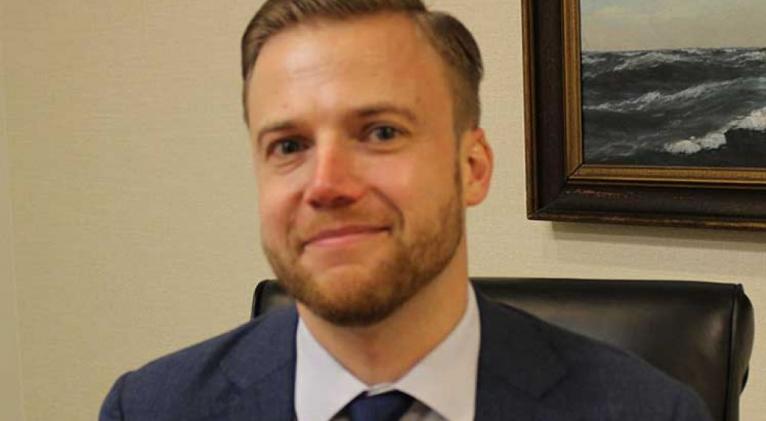Reversing Rapprochement between U.S. and Cuba, Many Negative Results
especiales

That is the opinion of the leader of the Engage Cuba coalition, James Williams, who said that dismantling the policies implemented by the Barack Obama administration (2009-2017) would be bad for the U.S. and Cuban peoples and for the White House chief himself.
If that policy is reversed, the U.S. entrepreneurial community may lose a lot, above all in terms of commerce, he said in an interview with Prensa Latina. Williams, whose organization promotes the lifting of the economic, commercial and financial blockade imposed by Washington on Cuba, noted the results of a report recently drawn up by Engage Cuba, in conjunction with other groups, economists and experts.
The report said that changing the course of the process with Cuba would cost 6.6 billion dollars and more than 12,000 jobs to the U.S. economy in sectors like hotel and tourism, agriculture, manufacture and trade, among others.
In the light of that kind of prediction, he noted the fact that although Trump says he is a president interested in promoting jobs and remove regulations that hinder growth, reversing the Cuba policy would be opposed to that.
Therefore, it would not be the United States first, as the president claims, but last, Williams added.
He referred to a survey published this week, according to which 65 percent of U.S. citizens want the opening with Cuba to continue.
He underlined that 64 percent of Republican voters also favor moving forward with the measures taken over the past few years, which are supported by two-thirds of his party, and the president wants to eliminate them, he pointed out.
According to Williams, that regression is not even supported by the Cuban-Americans in the southern state of Florida, because the latest polls showed that 63 percent of Miami-Dade County residents oppose the blockade.
'Then it is something that goes against the entrepreneurial community, against the wish of Republicans, independents and Democrats, against the Cuban-Americans, against the Senate's majority. The only conclusion is that something else is going on, some kind of political trade behind the scenes,' he stressed.
Williams noted that the details of the announcement that will be made tomorrow in Miami are not known yet, but some conclusions can be reached as to where it will be aimed, because it is a plan influenced by Senator Marco Rubio and Congressman Mario Diaz-Balart.
The president of Engage Cuba noted that it seems that the two lawmakers sold Trump the story that people will like the reversion, 'but I think that his team is realizing that it will not be the case.'
The number of people who wants to continue with the rapprochement, compared to those who want to reverse it, shows a ratio of nearly 100 to one, said Williams, adding that it is not a good position to be a politician.
About the probable repercussion of the announcement, he noted that we have to wait for the details, which can include more restrictions to travels by U.S. citizens to Cuba, new commercial limitations or matters ranging for remittances to agriculture.
We do not know how severe and comprehensive it would be, added the Engage Cuba president, who noted the possibility that tomorrow's speech would be rather a rhetoric step than concrete regulatory changes.
However, he warned that Rubio and Diaz-Balart may be strongly pressuring the White House so that it is not a mere symbolic event, but it brings about specific measures.
Asked about the impact of this matter on the Capitol, where several draft bills on travels and trade with Cuba have been introduced, Williams stated that, on the one hand, it might make some lawmakers bolder.
However, many members of Congress feel that their voices were not heard in the process to review the Cuba policy, we feel the anger of the Republicans, who think that the White House did not take them into account, perhaps that would further motivate them to pressure for achievements.
Williams also referred to the possibility of a thawing effect on other lawmakers who do not want to be against the administration.
Regarding the situation after the announcement, Williams noted that Engage Cuba would analyze the concrete regulations to be adopted in places like the Departments of the Treasury and of Commerce, and it will try to incorporate experts to those negotiations so that the criteria of those involved can be heard.
He pointed out that this feedback process will be vital in the next few weeks, adding that the work in the states, where there has been growing support everywhere, will continue, 'from Michigan to California, Idaho, Arkansas or Texas'.
According to Williams, people want the rapprochement to continue, they are excited by the opportunities it brings, and what may happen on Friday is a call to redouble the efforts.













Add new comment